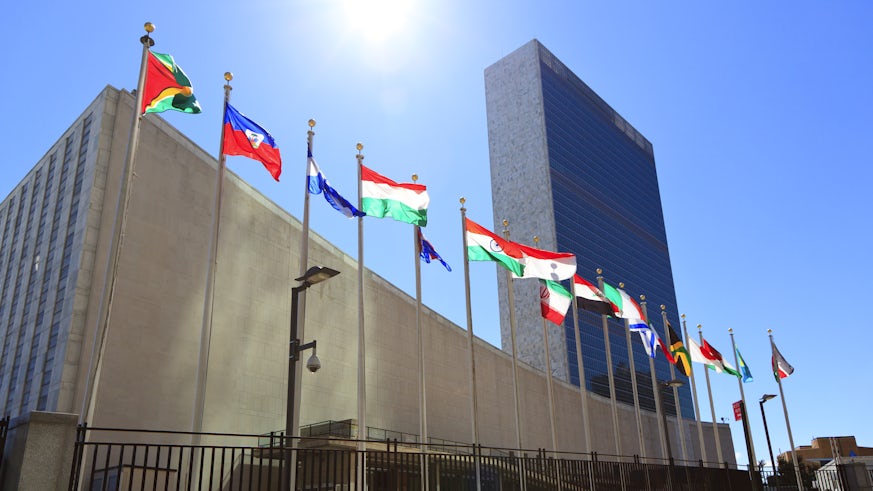School named as host institution for prestigious United Nations Fellowship programme
9 August 2017

The School of Law & Politics has recently been named as a host institution for the United Nations Nippon Foundation Fellowship Programme.
The UN-Nippon Fellowship Programme for Human Resources Development and Advancement of the Legal Order of the World’s Ocean is funded by the Nippon Foundation of Japan and implemented by the Division for Ocean Affairs and the Law of the Sea (DOALOS).
The objective of the Fellowship is to provide opportunities for advanced research and training in the field of ocean affairs and the law of the sea, and related disciplines including marine science, to Government officials and other mid-level professionals from developing coastal States. Fellows of the programme will obtain the necessary knowledge to assist their countries to formulate comprehensive ocean policy and to implement the legal regime set out in United Nations Convention on the Law of the Sea (UNCLOS) and other related instruments.
The nine-month Fellowship programme is composed of two consecutive phases, which provide the Fellows with advanced and customised research and training opportunities. The first phase, which takes three months, is practical training undertaken at the United Nations Headquarters in New York.
The second phase is six month’s of Advanced Academic Research and Study – undertaken at one of the prestigious participating host institutions, including the School of Law & Politics, and under the guidance of subject matter expert(s) with recognised in-depth expertise in the Fellows’ chosen field of study.
Dr Edwin Egede, Senior Lecturer in International law and International relations, who was instrumental in the School’s collaboration with the UN- Nippon Fellowship programme said, “Securing the appointment of the School of Law and Politics as a host participating institution for such a prestigious United Nations programme is a tremendous achievement for the School. Through this collaboration with the United Nations the School and indeed Cardiff University would be making a vital contribution to global capacity building in developing countries.”
